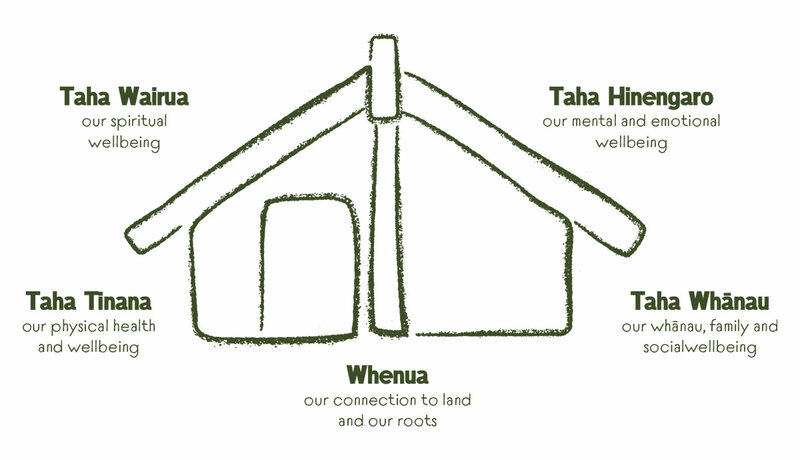We aim to build a culture of the ‘whole person matters’, where our young ākonga feel worthy and have a sense of belonging here at St Hilda’s.
Growing Hauora (wellbeing) is what we do here at St Hilda's. We aim to guide and support our ākonga to have the courage to lean into learning about their own hauora. Whereby students can understand themselves better in the wellbeing space and work towards building a kete of tools and strategies that they can use to boost their own wellbeing.
Social and emotional learning (SEL) is increasingly recognised as a critical component of education, helping students not only academically but also in their personal and relational lives. By embedding SEL principles into our curriculum and school culture, we are not only nurturing academic growth but also fostering the development of well-rounded young akōnga.
Providing learning opportunities for students to enhance their self-awareness, self-management, social awareness, relationship skills, and responsible decision-making will empower them to navigate various challenges they may encounter both inside and outside the classroom.
Because parenting doesn’t come with instructions, SchoolTV is a wellbeing resource that can support you in the challenges relating to modern-day parenting.
This award-winning resource helps build relationships, foster connections, enable understanding and break down barriers to navigate a pathway towards better mental health and wellbeing for young people. It can assist in starting conversations on topics that are sometimes awkward or difficult to tackle.
Haurora Models
Te Whare Tapa Wha:
https://mentalhealth.org.nz/te-whare-tapa-wha
The What: Building Strong Foundations for Wellbeing
At St Hilda’s, our approach to wellbeing is guided by Te Whare Tapa Whā, a model developed by Sir Mason Durie. This powerful framework reminds us that, just like a whare (house), our wellbeing stands strong when all four walls are in balance: taha tinana (physical wellbeing), taha hinengaro (mental and emotional wellbeing), taha whānau (social wellbeing), and taha wairua (spiritual wellbeing). Beneath it all lies the whenua, our land, our roots, our sense of belonging, which anchors and sustains us. Together, as a school community, we can keep these walls strong. Let’s stand tall in our whare, grounded, connected, and ready to grow.

5 ways of Wellbeing:
https://mentalhealth.org.nz/five-ways-to-wellbeing
Connect/me whakawhanunga: Positive social interactions make us feel happy, connected and secure. Building meaningful relationships with family/whānau, friends, the community and connecting with the spiritual aspect of your life, goes a long way to increasing your sense of belonging and strengthening personal wellbeing.
Give/tukua: Carrying out acts of kindness, whether small or large, can increase happiness, life satisfaction and general sense of wellbeing.
Take Notice/me aro tonu: Paying more attention to the present moment, to our thoughts and feelings and to the world around us, and practising gratitude and forgiveness through mindfulness or prayer/meditation, boosts our wellbeing.
Keep Learning/ me ako tonu: Learning, remaining curious and setting goals are important for everyone at every stage of life. It helps children’s brains to grow healthy and strong, helps them to learn social skills and community values. A love of learning as a child can prevent depression in later years.
Be Active/me kori tonu: Being physically active is proven to boost our wellbeing and decrease stress, depression and anxiety.




